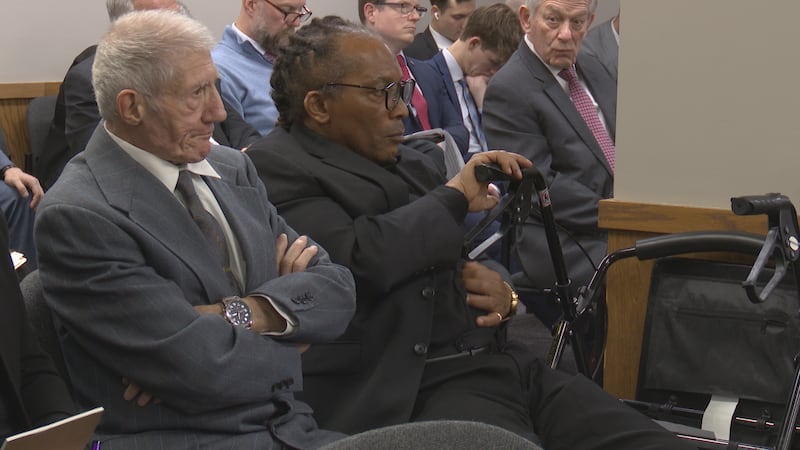Wrongfully convicted request pathway for imprisoned people to appeal based on new evidence

KANSAS CITY, Mo. (KCTV) - More than 50 people have been wrongfully convicted in Missouri since the 1950s, according to the National Registry of Exonerations. Some of those people have never had their records cleared, but some Missouri lawmakers hope to change that.
In Missouri, unless a person is on death row, they cannot ask the courts to hear new evidence after they’ve been convicted. A wrongfully convicted person can file for a mistrial if they can prove there was police or prosecutor misconduct, or a prosecutor can file the evidence for them.
A bipartisan bill sponsored by Republican Rep. Terri Violet and Democratic Rep. Kimberly-Ann Collins would clear a path for people in Lincoln’s position to prove their innocence. Under this bill, a convicted person could ask the court for another hearing if new evidence comes forward proving their innocence.
“In our criminal justice system no one — and I do absolutely mean no one — should be convicted and imprisoned for a crime that they did not commit,” Collins said. “Yet, the unfortunate reality is that wrongful convictions do happen.”
This bill needs the approval of a House committee to move forward, and that committee meets next this Wednesday afternoon.
Several wrongfully convicted Missourians attended the Missouri House committee’s hearing on this bill.
Rodney Lincoln served over 36 years in prison for a crime he did not commit. New DNA evidence and witness testimony came forward years later that proved his innocence, but the courts still had no power to release him.
Lincoln was only released from prison, but not pardoned, but a governor’s order in 2018. By then, his children had gone from teenagers to grandparents, and he missed every milestone.
“I was separated from my children, other of my family, my friends, life itself,” Lincoln said.
Lincoln’s name and record are still not cleared, but he said the one thing he wants to leave behind is proof of his innocence and this bill could let him do that.
Kevin Strickland served 46 years in prison for a crime he did not commit. Although Strickland had all he needed to prove his innocence, the courts could not hear him out because he was not on death row. He finally got out thanks to help from a prosecutor in 2021.
“If it started out with a question of guilty or innocence, why doesn’t it end with a question of guilt or innocence?” Strickland said.
The Missouri Attorney General’s Office sees two issues with this bill. They’re concerned about frivolous lawsuits being filed, clogging up the courts, and about victims having to hear their cases over and over.
“This bill undermines the rule of law and is a miscarriage of justice, and what’s worse is it’s doing this on the backs of victims,” said Jay Atkins with the Missouri Attorney General’s office.
Copyright 2025 KCTV. All rights reserved.















